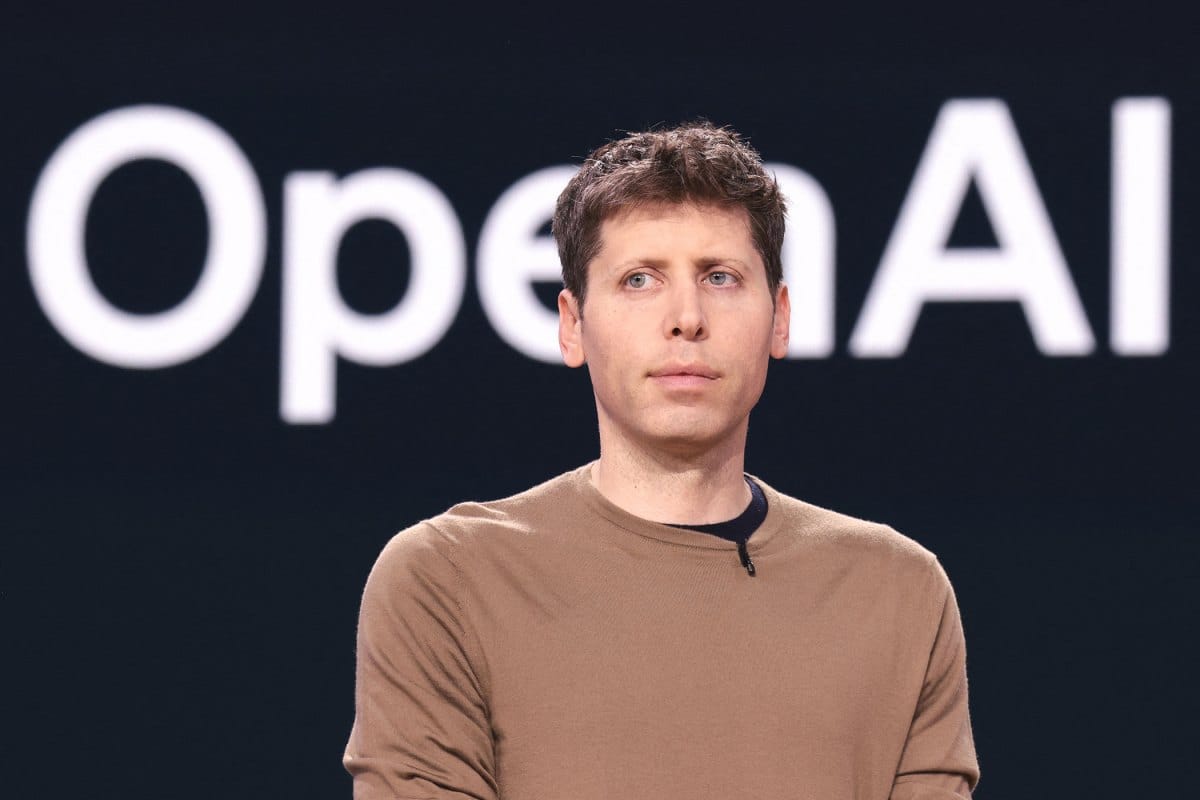OpenAI Unveils AI Regulation Blueprint Aimed at U.S. Leadership

On Monday, OpenAI published an "economic blueprint" for artificial intelligence (AI), advocating for policy developments in collaboration with the U.S. government and its allies. Chris Lehane, OpenAI's VP of global affairs, stresses the necessity for the U.S. to secure substantial investments in technology resources to maintain a leading role in global AI innovation.
“Today, while some countries sideline AI and its economic potential, the U.S. government can pave the road for its AI industry to continue the country's global leadership in innovation while protecting national security,” Lehane wrote.
Federal vs. State AI Regulation
OpenAI has consistently encouraged the federal government to implement more structured AI regulation and infrastructure support, criticizing the current state-dominant approach. In 2024, states introduced nearly 700 AI-related bills, leading to conflicting regulations such as the onerous requirements of Texas’ Responsible AI Governance Act on open source model developers.
National Development and AI leadership
CEO Sam Altman has voiced concerns about the shortcomings of the CHIPS Act, suggesting the need for a more effective follow-up. He appreciates the difficulty of developing infrastructure in the U.S., which he sees as a challenge to maintaining the country's AI leadership.
The blueprint calls for increased federal investment in energy and data transmission infrastructure to support AI, advocating for new energy sources like solar, wind, and nuclear power. Despite challenges, OpenAI and several tech giants continue to support nuclear power initiatives.
Enhancing National Security and Export Control
OpenAI's blueprint outlines recommendations for improving model deployment practices, streamlining collaboration with national security agencies, and establishing export controls. These measures aim to facilitate safe AI integration with allies while restricting access to adversary nations. The blueprint also suggests sharing national security information with AI vendors to help assess risks.
Voluntary Standards and International Collaboration
“The federal government’s approach to frontier model safety and security should streamline requirements,” the blueprint reads.
OpenAI advocates for developing widely accepted standards without enforcing mandatory rules, promoting voluntary collaboration between AI companies and the government. This concept aligns with the U.S. AI Safety Institute's objectives, but faces uncertainty due to political shifts that may repeal existing executive orders.
Copyright and AI Model Training
The blueprint proposes that developers use publicly available information, including copyrighted content, for AI training. OpenAI maintains licensing agreements while allowing limited opt-out options for creators, justifying such practices as essential amidst global variations in copyright adherence.
Despite legal challenges from content creators, OpenAI argues that sensible policies must support AI advancements while protecting intellectual property rights.
OpenAI’s Growing Influence
As OpenAI expands its global influence, it has notably increased its lobbying activities, hiring former government officials to bolster its efforts. The company actively supports legislative moves towards establishing a federal AI rule-making body while opposing initiatives it views as barriers to innovation.